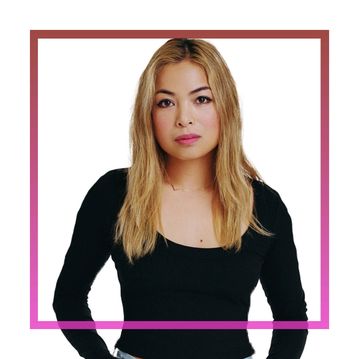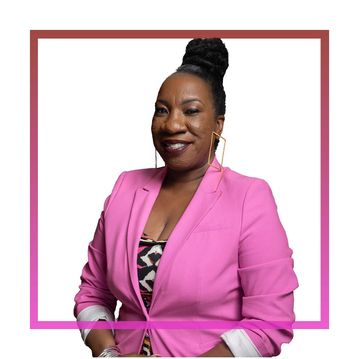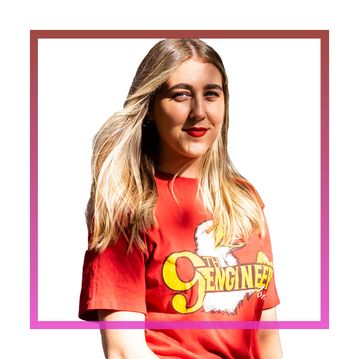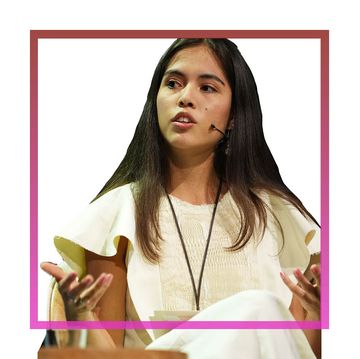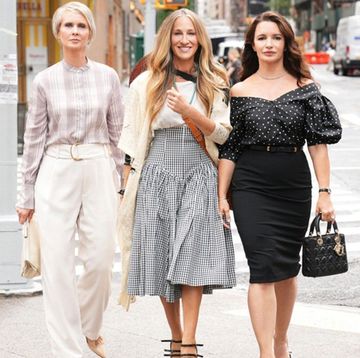Keeping the movement alive in people’s minds is one of the biggest challenges of my work. Nowadays there’s always a new crisis and we move on very fast, but for survivors it’s not that easy; we can’t leave communities like mine, the Yazidis who were attacked in Iraq by ISIS in 2014, to recover on their own. Rebuilding communities after conflict, genocide and sexual violence requires years of sustained effort.
That is why I cannot stay silent. Sometimes I feel as if I’m repeating myself over and over again, but the messages remain important. I will keep saying them until we solve the issues – not only until the military war has ended and we think that people can just go back to their normal lives.
I believe that the most sustainable change is led by local communities that best know their own needs and which solutions will work for them. I always try to make sure that Nadia’s Initiative, the organisation I founded in 2018 to advocate globally for survivors of sexual violence and rebuild communities, is based on these voices. And not just traditional leaders either, but also those who have been historically underrepresented: women, survivors and marginalised people. The more inclusive we are, the more just our solution will be.
In terms of advocacy, I have found that sharing my story, about how I was sold into sexual slavery and held captive under ISIS, is a very powerful tool. It’s not an easy story to tell but, like the title of my book, The Last Girl, I want to be the last girl to have a story like mine: sexual violence doesn’t just destroy one person, it destroys entire families and communities, and it takes so much time to recover and be a normal person again.
Telling these stories allows people to put a face to the horrors that they may have only heard or read about. When we hear about groups like ISIS or the Taliban or Boko Haram, we must learn what they are doing to women: the reality is that women are always used as a weapon of war.
I see the same things happening to women now in Ukraine. We have been working with the UK government and this year we released the Murad Code, which is a set of guidelines for journalists and investigators who are working with survivors of sexual violence to be able to engage with them in a respectful way. I'm proud to say that we have already translated the code into Ukrainian and shared it with the government; hopefully people can benefit from it.
Winning the Nobel Peace Prize [in 2018] comes with a lot of responsibility. People think that I can do everything on my own – rebuild and bring justice to people. But one person, one NGO, cannot do that. We need leaders and NGOs and everyone to come together and help communities after a genocide. I try to stay hopeful, but I don’t want to be the voice for all survivors because I believe every one of them has an important story to tell and their voices must be heard too.
To stay focused and give myself some quiet time to think, I walk for miles planning what I’m going to say and thinking through how to convince those I meet to take action in a sustainable way. When I was in ISIS captivity, one of the things I wanted more than anything else was to run from that conflict and all the hate. Now, I have the freedom to go for miles listening to Dua Lipa and Cardi B. I leave everything behind and focus on the future and my goals.
This article appears in ELLE's September 2022 issue, on sale on July 28.
*This article has been edited for online.




